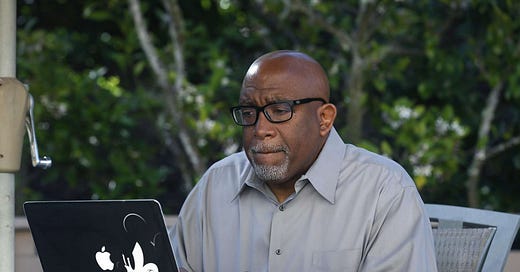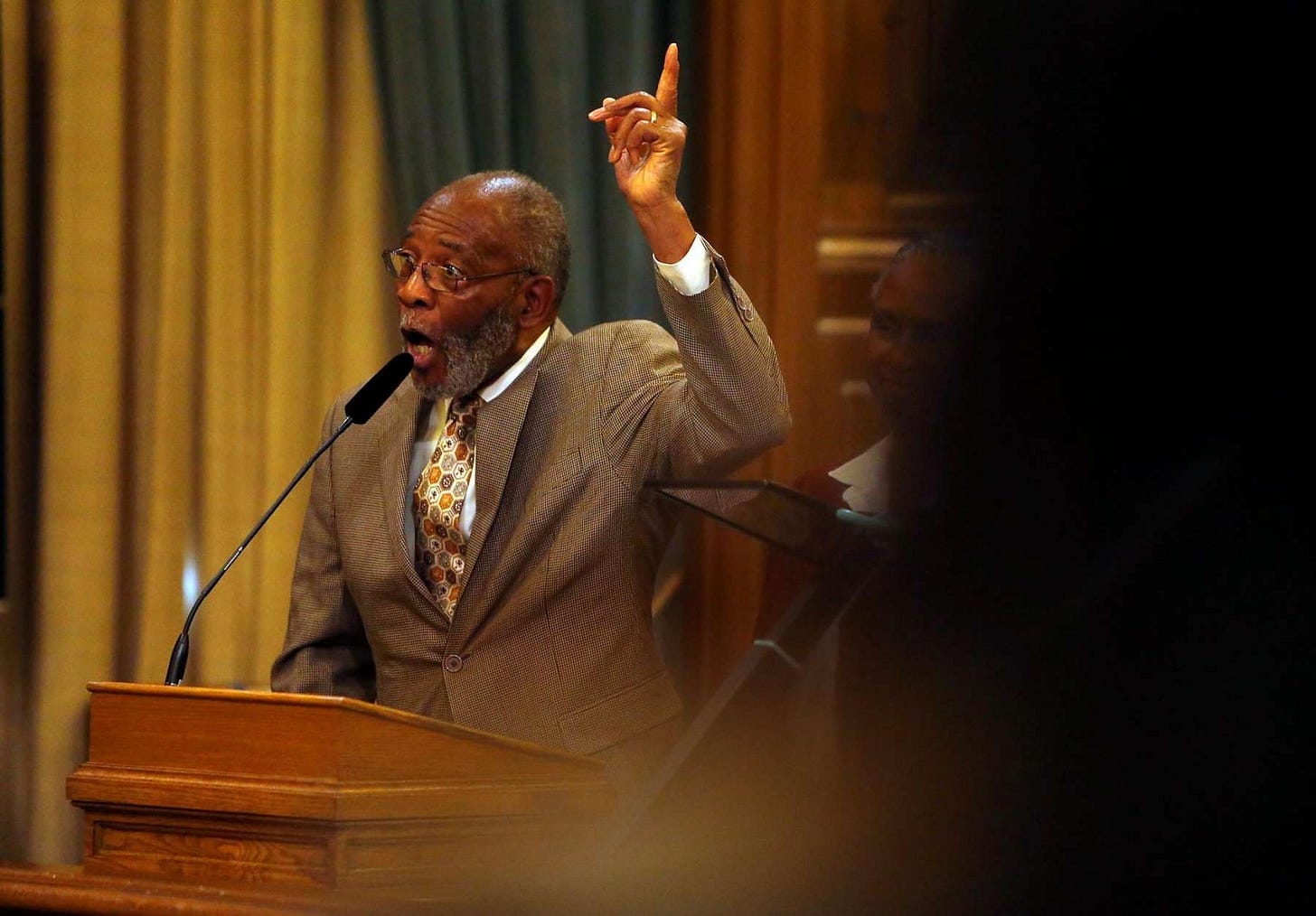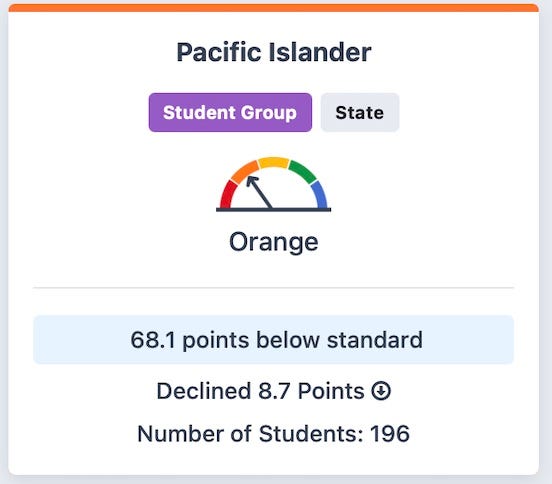On Thursday, January 27, 2022, the San Francisco Board of Education (“SFBoE”) will finalize a list of the characteristics it wants in the next Superintendent.
But what you need to know is there is sordid backstory here.
The SFBoE Learns It Needs a New Superintendent
In March 2021, San Francisco Unified School District (“SFUSD”) Superintendent Dr. Vincent Matthews announced his retirement after years at the helm. A month later, he agreed to stay on for one more year.
He didn’t ask for more money. Instead, he demanded that the SFBoE behave. His amended contract had some pretty bizarre conditions, requiring the SFBoE to:
strictly follow its own Governance Standards;
not introduce any resolutions not directly related to schools reopening for in-person learning, safety and the budget; and
be actually prepared for meetings beforehand.
You know, do its job.
The role of Superintendent in every school district is critical.
So I was pleased to see the SFBoE take his replacement seriously.
The SFBoE’s Consultant Report
Step one was hiring a search firm to do a comprehensive review of what stakeholders wanted in a new Superintendent.
I think the SFBoE might have gotten more than it bargained for.
At the January 25, 2022, SFBoE meeting, we heard the results of that comprehensive community outreach: a Leadership Profile Report detailing the results of interviews with families, staff, students, and the community about how they thought SFUSD was doing. Not well, it seems—only 14% of folks thought SFUSD was headed in the right direction.
The Painful Truth About How the SFBoE Has Failed Our Kids
The Leadership Profile Report report covers a wide range of topics, but one key finding was that “overall, though, there was a feeling that the district is not making the academic improvement for students that it needs to be making.”
Key responsibilities of the SFBoE include “establishing educational goals and standards” and “approving curriculum.” It lists those as items 1 and 2 on its website.
In 2017, Reverend Amos Brown said
“It’s not that the children are failing. We are failing. This board is failing. This city government is failing. And you have professionals in the school district who have woefully failed when it comes to respecting the worth and the dignity of African American students.”
Yet today, that failure persists. And it’s not just a feeling held by stakeholders. The California Department of Education’s Performance Dashboard confirms that our most vulnerable kids perform worse than their peers around the state.
Take reading. Our African American kids are 78 points below standard:
As compared to the same kids around the state:
Same with our Hispanic kids, 52 points behind:
As compared to their peers around the state:
And our Pacific Islander community, 68 points behind:
Not so across the state:
Why do our Black, Brown, and PI kids read worse than their peers across the state? You can ask the Board, but it might be too busy practicing its supposed “advocacy role” to bother with its actual “governance role.” The Leadership Profile Report made clear the frustrations with the SFBoE:
“One very deep concern on the part of many stakeholders is the behavior and focus of the current Board. … By getting down in the weeds on issues that some view as politically motivated, the Board is functioning more in an ‘advocacy role,’ rather than in its ‘governance role’ for the entirety of the student population in San Francisco. Some stakeholders reported that the public shaming and criticism by Commissioners of employees was highly demoralizing and counterproductive.”
As if on cue, Commissioner Collins interjected with just that—a performative criticism of the expert consultants she herself hired:
“Thank you and wanted to give feedback in terms of the language. I prefer ‘opportunity gap’ to ‘achievement gap’ because it recognized the fact some groups don't perform as well because they are barred from opportunities and don't have deficiencies in their ability to achieve. So going forward if we use that language.”
I suppose we could get rid of all confusion on what “gap” we’re talking about if the Board actually made closing it a priority.












